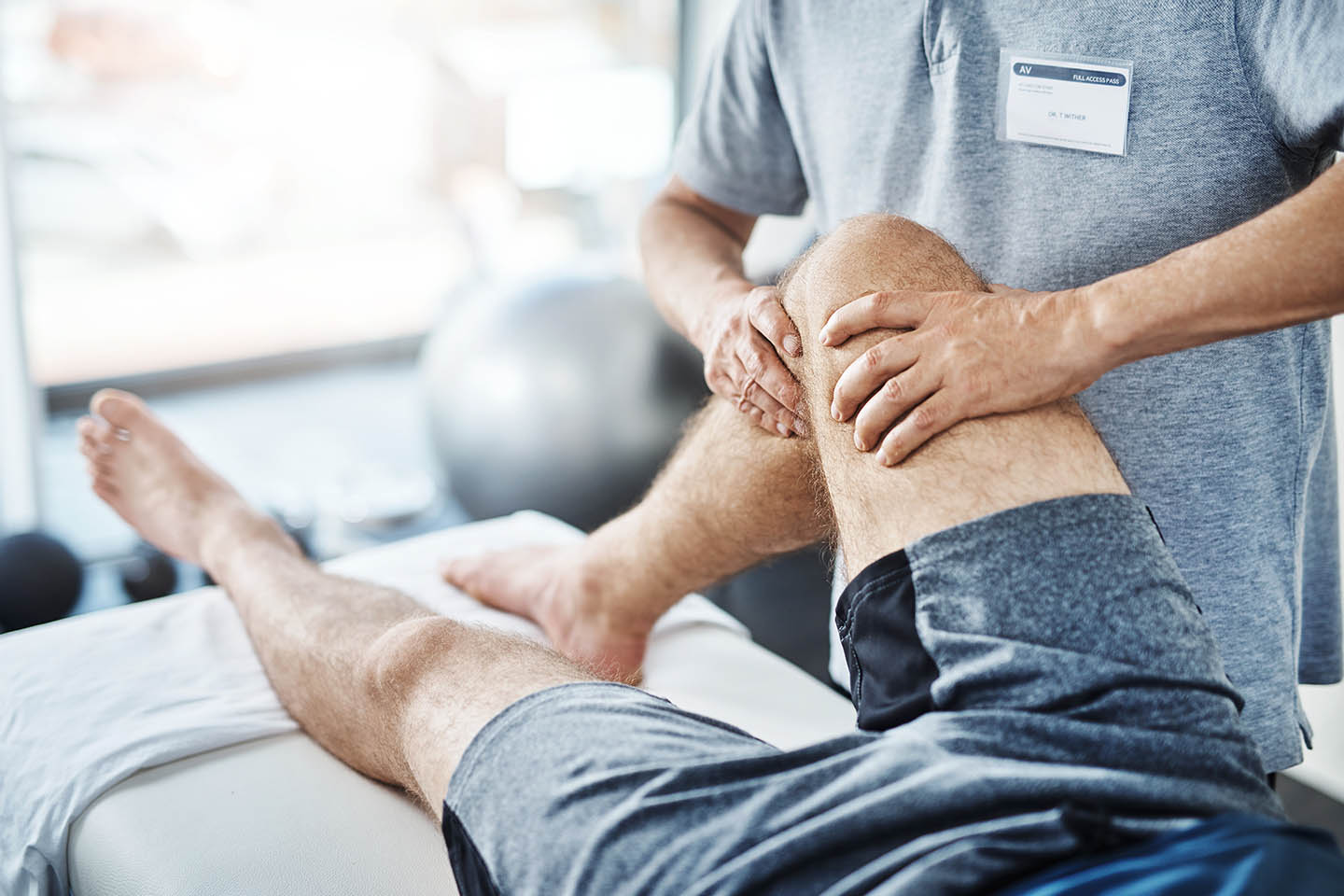Consider seeing a medical professional first and foremost.
If you don’t have a diagnosis before you get treatment from a massage therapist, definitely see a family physician or sports doctor. Massage therapists cannot diagnose. Treating sports injuries early, however severe, is essential to prevent further damage to the injured site.
If you’ve sustained a recent sports-related injury it’s vital to seek immediate medical attention if you have any of these symptoms; blurred vision, confusion, dizziness, ear pain, headache, inability to move the limb or joint, loss of consciousness, loss of vision, nausea, nosebleed lasting longer than 20 minutes, numbness, ringing in the ears, severe pain and swelling, or vomiting.
For mild sprains, strains, bumps, or bruises, follow the RICE (rest, ice, compression, elevation) program for the first 48 hours. You can also decrease inflammation and relieve pain by taking ASA, ibuprofen, naproxen, or other anti-inflammatory medications. Check with your doctor or pharmacist first before taking any drugs, and take care not to exceed the recommended doses. If, after following these steps, the injury doesn’t seem to be getting any better within 48 hours, it’s best to see your doctor.
Find the right therapist for your type of injury
Massage therapy in a clinical or hospital setting is given by licensed professionals who are trained to find and focus on problem areas. This therapeutic type of massage involves more focused work on your body’s soft tissue — the muscles, tendons and ligaments that move and support your body. Your physician, chiropractor, or physical therapist might recommend that you receive a therapeutic massage to complement other therapies you are receiving to treat a particular area of your body.
However, you may not be getting the results you want from other traditional treatments and seek the help of a masseuse through your own volition. Massage therapists with private clinics may treat a whole range of disorders while others specialize in specific impairments or groups of people such as athletes or dancers.
If you have seen a doctor, they may refer you to a relevant massage therapist operating from a hospital. For milder injuries, you can find a private practice that is right for your specific needs.
Sports massage therapy focuses on improving functional movement, reducing symptoms associated with sports injuries and lowering the risk of recurrent injuries. From soft tissue and joint mobilizations to traction, manual therapy is an integral part of treating sports injuries, particularly those that are deep tissue injuries. The primary goal is, within a program of modalities, returning to full function. In the case of athletes, this includes full-performance based goals in their specific athletic activity or sport.
